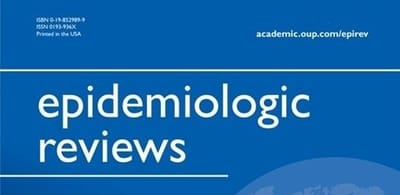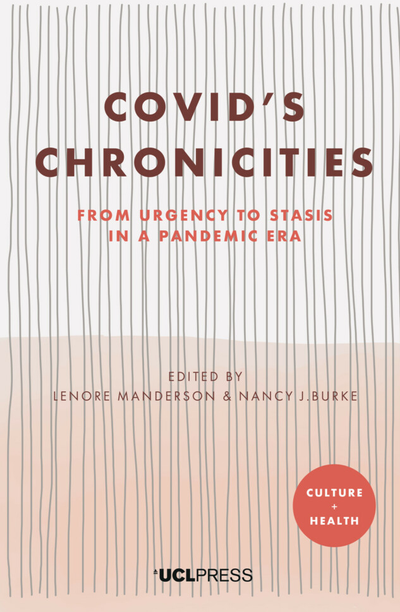Madeline Nash, PhD
About me
 Boozhoo!
Boozhoo!I am a recent PhD graduate in the Department of Sociology with a graduate certificate in American Indian and Indigenous Studies at Michigan State University. I received my B.A. in Philosophy in 2012, a B.A. in Sociology in 2015, and an MA in Sociology in 2022, all from MSU. I am an enrolled member of the Sault Ste. Marie Tribe of Chippewa Indians and identify as an Anishinaabekwe.
I have lived in Anishinaabe territory my whole life and currently reside in Nkwejong (Lansing, MI) with my husband and three daughters. I have strong ties to the Upper Peninsula where I often spend summers visiting with my family.
During my childhood, my uncles and cousins fished Lake Michigan for Whitefish and consequently, I have always felt connected to the Great Lakes.
Research

RESEARCH INTERESTS
Migration has always fascinated me, specifically its impacts on Indigenous communities. Consequently, my main research areas focus on migration, health, and race/ethnicity. I am particularly concerned with understanding how patterns of colonization have impacted Indigenous identities, and how colonialism has, and continues to affect Indigenous people’s physical, emotional, mental, and spiritual well-being.
Dissertation ResearchMy dissertation used a semi-decolonized, mixed methods approach to understand the relationships between mental health, Native American/Indigenous identity, and the politics of recognition (tribal membership) in parts of the Great Lakes region. Building on descriptive statistics from the American Community Survey (ACS), US Census, and Behavioral Risk Factor Surveillance System (BRFSS) to shed light on Indigenous identity and mental health outcomes of the American Indian/Alaskan Native (AIAN) population in the region, I analyzed 42 interviews conducted with self-identified Indigenous/AIAN people living in Indiana, Illinois, Michigan, Minnesota, and Wisconsin on how tribal enrollment (or lack there-of) affects identity and mental health.
Past Research
I worked as a research assistant for Dr. Danielle Gartner (Epidemiology) and Dr. Heather Howard-Bobiwash (Anthropology) on a pilot study, “Indigenous Approaches to Postpartum Mental Health: Assessing Opportunities for Community-based Growth and Solutions.” This project was in collaboration with the Inter-Tribal Council of Michigan, Inc. (ITC), a consortium of Michigan’s federally recognized tribes.

Teaching

I have a passion for teaching and I enjoy interacting with students. I often take a conversational approach when I lecture and value my students' contributions to discussion. Additionally, I use other methods, such as games and music, to engage my students.
My main goal, when I teach, is to instill in my students an appreciation of how helpful sociological frameworks and concepts can be when applying them to their own experiences.
I have taught both in-person and online (synchronously and asynchronously).
INSTRUCTOR
REL 306 Native American Religions, Spring 2025
This course offers a broad examination of Native American religions from the Americas, delving into the rich landscapes of Indigenous spiritual beliefs, practices, and cultural expressions. Students will explore the diverse array of Native American religious traditions, emphasizing historical foundations, contemporary adaptations, and resilience of Indigenous spiritualities in the face of on-going environmental and political dispossession. Because of the land upon which the university resides, an emphasis will be placed on the perspectives and experiences of the Anishinaabek (Potawatomi, Odawa, and Ojibwe).
SOC 475 Health & Society, Summer 2023, 2022 and 2021
This course examines the social roots of health and disease. Rather than understanding health from an individual perspective, students examine how SES, gender, race and ethnicity, as well as sexual orientation affects health outcomes. Some of the topics covered include: medicalization and construction of illness, fundamental cause of disease, social support and social networks, as well as health care interactions/access. By engaging with these topics, students develop a social structural perspective for health that can be applied to careers in medicine, public health, health policy, and social science.
SOC 316 Youth & Society, Summer 2020
This course focuses on youth and societal issues by examining the interactions and behavioral changes that occur among youth during adolescent development in reference to biological, social, cultural as well as historical conditions. Topics covered in youth studies include: employment, health, crime and deviance, family issues, identity, and education. This course investigates how youths transition into adults and how youth experience shapes worldviews and life trajectories.
Publications
Contact
- Lansing, Michigan, United States


